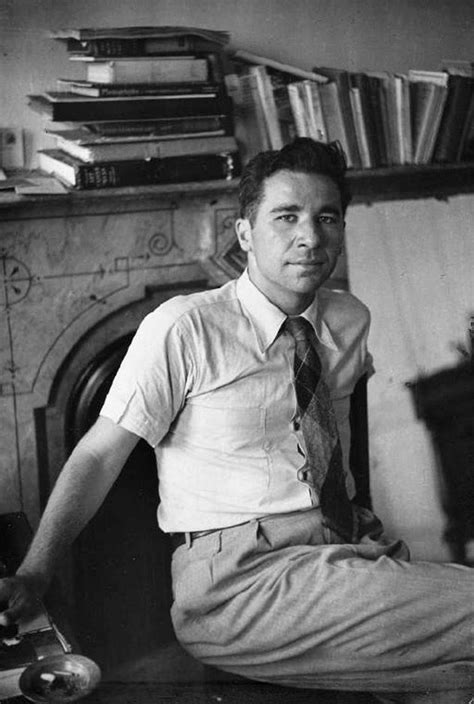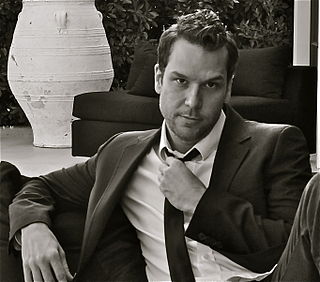A Quote by William Faulkner
He [the writer] must, teach himself that the basest of all things is to be afraid; and, teaching himself that, forget it forever, leaving no room in his workshop for anything but the old verities and truths of the heart, the old universal truths lacking which any story is ephemeral and doomed - love and honor and pity and compassion and sacrifice. See Poets & Writers
Related Quotes
The poet's, the writer's, duty is to write about these things. It is his privilege to help man endure by lifting his heart, by reminding him of the courage and honor and hope and pride and compassion and pity and sacrifice which have been the glory of his past. The poet's voice need not merely be the record of man, it can be one of the props, the pillars to help him endure and prevail.
Jesus Christ doesn’t just give us truths; he is the truth. Jesus Christ is the prophet to end all prophets. He gives us hard-copy words from God, truths on which we can build our lives, truths we have to submit to, truths we have to obey, and truths we have to build our lives on, but he himself is the truth.
With all the conceptual truths in the universe at His disposal [Jesus] did not give them something to think about together when He was gone. Instead, He gave them concrete things to do - specific ways of being together in their bodies - that would go on teaching them what they needed to know when He was no longer around to teach them Himself ... "Do this" He said - not believe this but do this - "in remembrance of me.
So multifarious are the different classes of truths, and so multitudinous the truths in each class, that it may be undoubtingly affirmed that no man has yet lived who could so much as name all the different classes and subdivisions of truths, and far less anyone who was acquainted with all the truths belonging to any one class. What wonderful extent, what amazing variety, what collective magnificence! And if such be the number of truths pertaining to this tiny ball of earth, how must it be in the incomprehensible immensity!
It seems to me that life's circumstances, being ephemeral, teach us less about durable truths than the fictions based on those truths; and that the best lessons of delicacy and self-respect are to be found in novels where the feelings are so naturally portrayed that you fancy you are witnessing real life as you read.
See, see Who God is, see the glory of God, going up to Him out of this incomprehensible and infinite Sacrifice in which all history begins and ends, all individual lives begin and end, in which every story is told, and finished, and settled for joy or for sorrow: the one point of reference for all the truths that are outside of God, their center, their focus: Love.
There are several kinds of truths, and it is customary to place in the first order mathematical truths, which are, however, only truths of definition. These definitions rest upon simple, but abstract, suppositions, and all truths in this category are only constructed, but abstract, consequences of these definitions ... Physical truths, to the contrary, are in no way arbitrary, and do not depend on us.




































